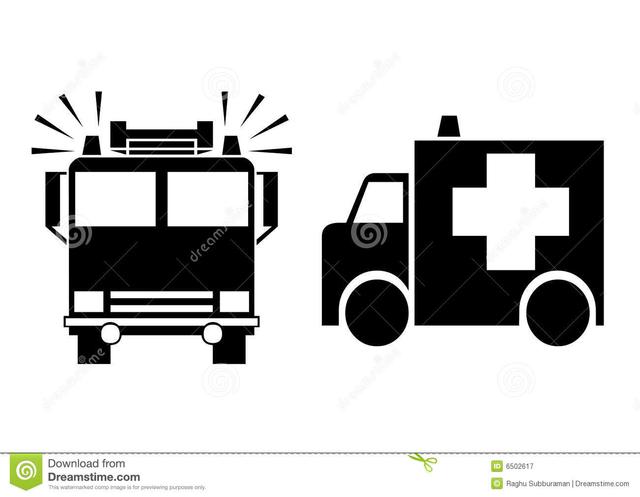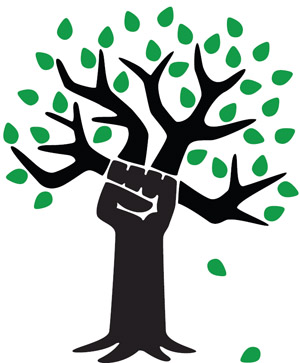Chicago Greens
Next monthly meeting on Sunday, October 11th, from 2-4:00 PM, at Powell's Bookstore, Halsted and Roosevelt (800 W, 1200 S)
Related Articles at Site:
To: US Safety Officials and Railroad Executives
Anthony Foxx of the Secretary of the U.S. Department of Transportation and Sarah Feinberg, Director of the Federal Railroad Administration
Re: Request for Release of Documents
Secretary Foxx and Director Feinberg:
Many local emergency planning and response agencies have testified in Congress and state and local legislatures that, in the absence of railroad risk analyses, they have been struggling to develop their own ability to respond to potential crude oil derailments. Local safety officials need information to protect our communities, especially schools. In the interests of public safety, we are formally asking your assistance in releasing the following documents:
1. Rail Companies own calculated Worst Case Scenarios for a potential oil train emergency in urban and sensitive environmental locales. Local and state officials have stated that they have never seen this essential crude oil release scenario information.
2. We also need to see rail company documentation on the levels of catastrophic insurance coverage each railroad company has been able to buy for potential serious releases in each jurisdiction. The insurers apparently have seen the railroads' Worst Case Scenarios and have demonstrated a healthy and cautious concern about the scale of costly disasters that their companies might be responsible for covering. If the insurers can see it, so can the public.
3. We require the rail companies’ internal Comprehensive Emergency Response Plans for high hazard flammable trains (oil trains), both generic and for specific typical locations, urban and rural.
4. We also need rail companies’ up-to-now secret route analysis documentation and route selection results in each jurisdiction, pursuant to Congress's 2007 Public Law 110-53, for urban hazmat safety and security routing for the currently covered cargoes of chlorine and ammonia, as well as for the newly-recognized "key trains" of crude oil and ethanol.
We are publicly demanding that you promptly assist the rail companies, who will be receiving a copy of this letter, to provide these key risk documents, up to now withheld from public view. Not only because our first responders and governments need them, but because our communities have a right to know to what chemical disaster risks various hazardous operations are exposing them. It is our assessment that the publication of these documents would aid your agencies in protecting the public and assisting first responders.
Sincerely,
++++++++++
Cc: Matt Rose
Executive Chairman, Burlington Northern Santa Fe Railroad
Cc: John Koraleski
CEO, Union Pacific
Cc: Michael Ward
CEO, CSX
Cc: James Squires
CEO, Norfolk Southern
Cc: E. Hunter Harrison
CEO, Canadian Pacific
Cc: Claude Mongeau
CEO, Canadian National
No More Secret Shipments of Crude Oil by Rail
Massive growth of oil train traffic--over 5,000% since 2008 in the U.S - means more derailments, oil spills into waterways, and massive explosions.
2015 alone has seen five explosive derailments in the U.S. and Canada.
But we don’t even know the details on the dangers of these trains - and neither do our first responders. We don’t know because oil train companies like BNSF, Union Pacific, CSX, Norfolk Southern, Canadian Pacific and Canadian National are keeping four critical types of information hidden:
1. The routing choices they make through cities, towns and sensitive areas,
The routing choices they make through cities, towns and sensitive areas,
2. The worst case scenario models they create for your city,
The worst case scenario models they create for your city,
3. The insurance amount they have to cover themselves, and
The insurance amount they have to cover themselves, and
4. Their emergency response plans.
Their emergency response plans.
The Federal Railroad Administration, the agency in the U.S. that is responsible for making the companies release these documents, isn’t doing its job - and neither is the U.S. Department of Transportation.
Public safety is too important to let these critical documents stay secret.



